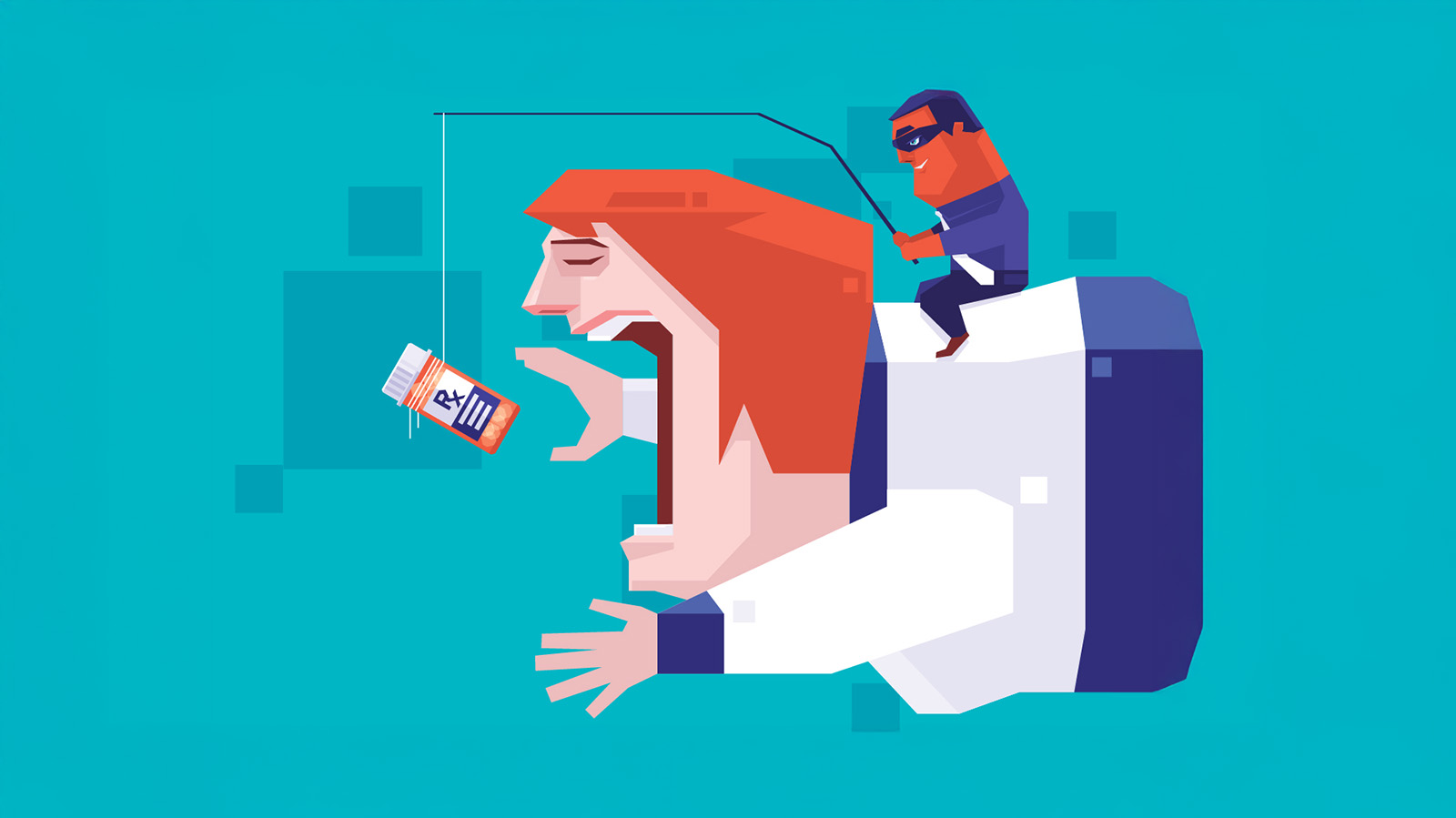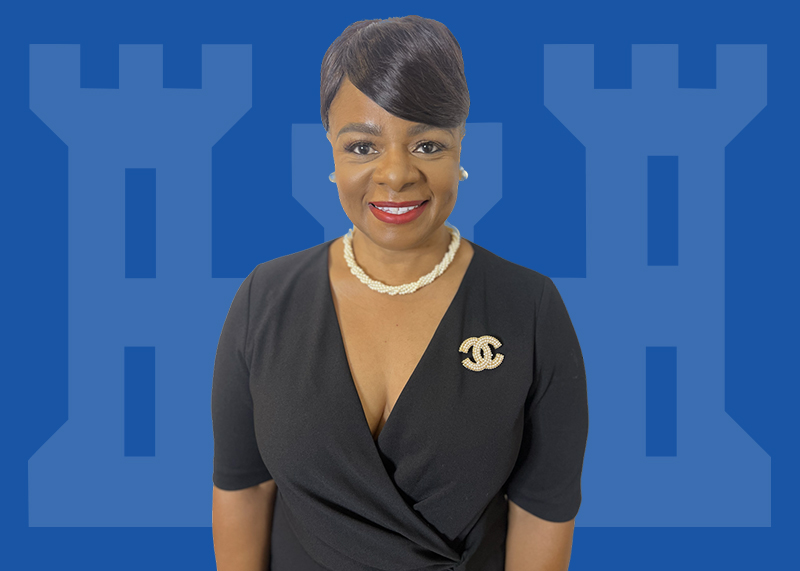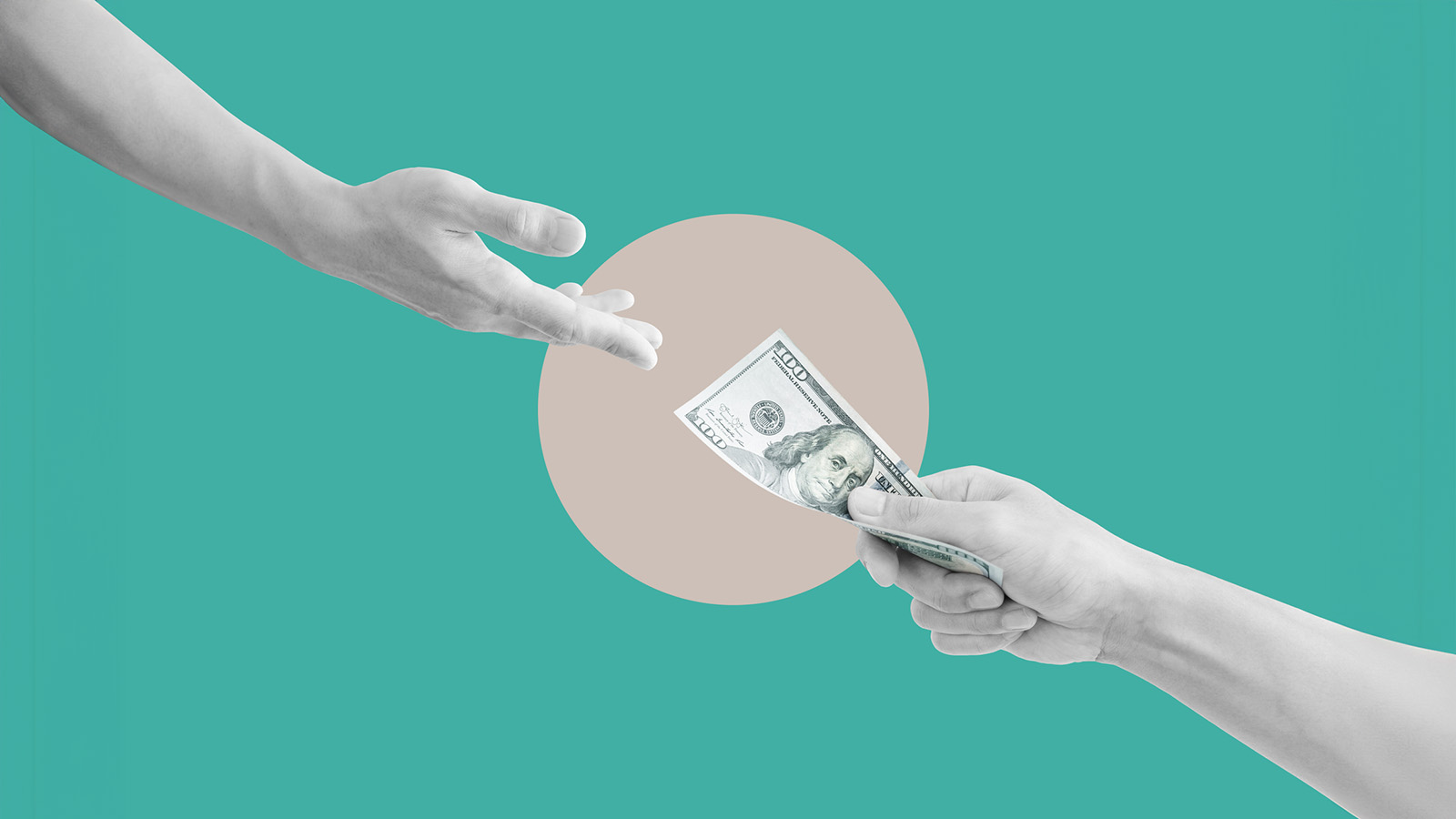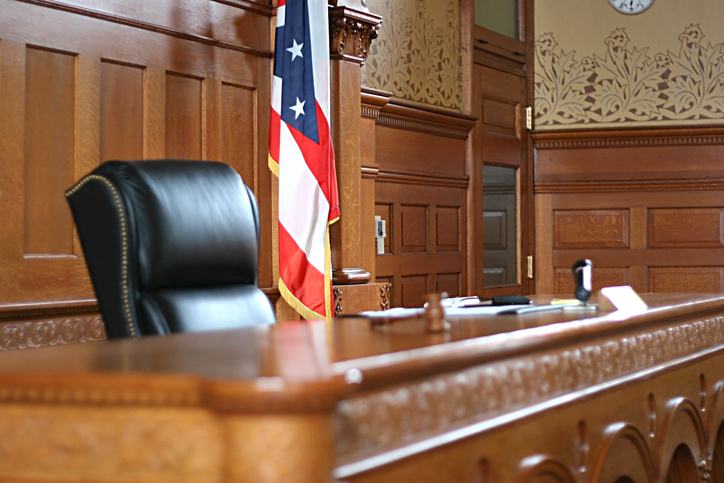Pharmaceutical Fraud: Types and Whistleblowing Under FCA
Pharmaceutical fraud refers to illegal activities committed by pharmaceutical companies or individuals within the industry that aim to deceive or exploit the healthcare system for financial gain. Insiders who know of such frauds can report their concerns under the False Claims Act and potentially receive a share of 15% to 30% of the funds recovered by the government. Learn more in this guide!
May 14, 2025

This information is provided for educational purposes only by Kohn, Kohn & Colapinto and does not constitute legal advice. No attorney-client relationship is created by accessing this content. Laws and regulations may change, and this material may not reflect the most current legal developments. If you believe you have a whistleblower claim, consult a qualified attorney to discuss your specific circumstances.
Pharmaceutical fraud occurs when a pharmaceutical company or its representatives bribe doctors with cash payments, gifts, or other consulting fees, for prescribing their drugs regardless of whether they are the best option for the patient. This is referred to as kickbacks.
Pharmaceutical fraud may also occur when a pharmaceutical company engages in off-label marketing or mislabeling. In off-label marketing, a company may promote their products to treat symptoms not approved by the Food and Drug Administration (FDA). Misbranding can also occur. This refers to a drug label having unapproved information, yet still being promoted.
These types of frauds are very nuanced and difficult to detect. Thus, it’s important for whistleblowers to take action to expose such activities to not only safeguard patients and the healthcare system from harm, but also to hold fraudsters accountable for their unethical behavior.
Whistleblowers with information about pharmaceutical fraud can report their concerns under the False Claims Act (FCA) and potentially receive a share of any recovered funds, which can range between 15% and 30%.
Continue reading our guide to learn more about pharmaceutical fraud and the powerful U.S. whistleblower laws anyone can use to stop them.
Types of Pharmaceutical Fraud
Pharmaceutical fraud comes in many different forms, but all have the same intention, which is to generate massive profits through the overprescription of drugs. This activity can lead to inflated drug prices, reduced competition, and a decline in the quality of care. Below are some of the most common types of pharmaceutical fraud that have been identified:
- Kickbacks: pharmaceutical companies may offer incentives, such as cash payments, gifts, or consulting fees to healthcare providers who prescribe their drugs, even if they are not the most appropriate or cost-effective option or the best option for the patient.
- Off-Label Marketing: this occurs when a pharmaceutical company promotes their drugs for unapproved uses; often referred to as off-label prescribing, this can lead to unnecessary costs and harm to patients. This can occur in combination with kickbacks.
- False Claims: pharmaceutical companies may knowingly submit false claims to government healthcare programs such as Medicare, by overcharging for drugs or by falsely representing their efficacy. This type of improper billing is a classic FCA violation.
- Compound Drug Fraud: this occurs when a pharmaceutical company manipulates compounded drugs to increase profit margin. This typically involves cutting corners, such as using cheaper ingredients or diluting ingredients.
- Illegal Drug Switching: this occurs when pharmacists or pharmacy benefit managers switch prescribed medications to generic or brand-name alternatives without the patient’s knowledge or consent, often to increase profits.
- 340B Drug Discount Program Fraud: occurs when pharmaceutical companies engaging in fraud by overcharging for drugs or not passing discounts on to patients under the 340B drug discount program, which certain healthcare facilities are eligible for.
- Medicare Part D Fraud: This occurs when a healthcare provider engages in fraudulent billing practices to healthcare programs such as Medicare – in particular, Medicare Part D which is a prescription drug benefit program for seniors and people with disabilities.
- Clinical Trials Manipulation: This involves falsifying data or manipulating clinical trials to obtain approval by the FDA for drugs that may be ineffective or unsafe. To obtain FDA approval, pharmaceutical companies must submit substantial data regarding trials.
These are the most common examples. However, the pharmaceutical industry is complex with many opportunities for fraud to occur. These frauds are nuanced and hard to detect, which is why whistleblowers are so important in exposing such frauds. If you believe you have evidence of pharmaceutical fraud such as the types listed above, you should consider filing a qui tam suit under the False Claims Act.
Use the False Claims Act & Qui Tam
The False Claims Act (FCA), enacted in 1863 by Abraham Lincoln during the height of the U.S. Civil War, is one of the most powerful federal laws available to whistleblowers. The FCA incentivizes insiders (known as “relators”) to report kickbacks and other drug manipulation schemes in exchange for protection, and potentially a share of any funds recovered by the government.
Qui Tam Provision
The qui tam provision of the False Claims Act provides mandatory awards to whistleblowers who successfully bring suits against pharmaceutical fraudsters on behalf of the government. This award percentage ranges between 15% to 30%, which depends on many different qualifying factors.
Protection from Retaliation
Pharmaceutical whistleblowers are protected from retaliation under Section 3730(h) of the False Claims Act. This means an employer is prohibited from demoting, discharging, harassing, or retaliating against a whistleblower for reporting their concerns.
Triple Damages and Penalties
The FCA provides that any person who knowingly submits, or causes to submit, false claims to the government is liable for three times the government’s damages plus a penalty that is linked to inflation. This may also apply to state FCA laws.
Open to All
Under FCA, whistleblowers can by any person who possesses non-public information, regardless of their citizenship or affiliation with the pharmaceutical company. Those involved may file and may receive a reduced award. But those who are criminally charged for such conduct are excluded.
Statute of Limitation
The FCA statute of limitation is six years of the false claim or three years after the government became aware of it. However, under the FCA, the government will not intervene in any case that is beyond 10 years of a false claim.
Reporting Under FCA
Filing a FCA lawsuit against a pharmaceutical company can be a long and complex process. And to bring a qui tam suit, an attorney is required. It’s crucial to seek legal advice from an experienced attorney who specializes in FCA cases.
Below are the general steps involved in the qui tam process
- Identify the Fraud: Clearly define the fraudulent activity and gather supporting evidence. Your attorney can help you strengthen your case.
- Consult an Attorney: An attorney will guide you through the legal process and ensure your complaint is filed correctly.
- File a Sealed Complaint: Your attorney will file a sealed complaint in federal court, detailing the fraud and the government’s potential losses.
- Government Review: The government will investigate your claims, and the complaint will remain sealed during this period.
- Government Intervention: If the government decides to intervene, it will take over the case.
- Legal Proceedings: The case may proceed to trial or settlement. Your identity may remain confidential throughout the process.
- Potential Reward: If the government recovers funds, you may be eligible for a significant reward, typically between 15% and 30% of the recovered amount.
Even if the government chooses not to intervene, you may still pursue your case. However, you’ll need to follow the proper legal procedures and work with an attorney. A relator’s share in such cases can range between 25% and 30%. By understanding these steps and seeking legal counsel, you can effectively navigate the FCA process and protect taxpayer dollars.
Why Hire an Experienced FCA Attorney?
An FCA attorney can provide invaluable guidance throughout the process, from initial case evaluation to final settlement.
Key Benefits of Hiring an FCA Attorney:
- Expert Legal Counsel: An attorney can assess the merits of your case, identify potential legal strategies, and mitigate risks.
- Complaint Drafting and Filing: Your attorney will draft a compelling complaint that adheres to legal standards and protects your confidentiality.
- Government Negotiations: They can negotiate with government agencies to secure favorable terms and maximize your potential recovery.
- Litigation Representation: If your case proceeds to trial, your attorney will represent you in court, handling all aspects of the legal proceedings.
- Whistleblower Protection: They will ensure your rights are protected and advocate for your interests.
- Maximizing Your Award: Your attorney will help you negotiate for a fair share of the funds recovered.
By partnering with an experienced FCA attorney, you can significantly increase your chances of success and receive the compensation you deserve.
Pharmaceutical Fraud Cases
Teva Pharmaceuticals (2024)
Teva Pharmaceuticals agreed to pay a $450 million settlement to resolve allegations of two separate illegal practices:
- Copay Assistance Kickbacks: Teva was accused of paying kickbacks to Medicare patients to cover their co-payments for the multiple sclerosis drug Copaxone. This practice artificially inflated drug prices and defrauded the government.
- Price-Fixing: Teva was also involved in a conspiracy with other generic drug manufacturers to fix prices on several generic drugs, including pravastatin, clotrimazole, and tobramycin. This anti-competitive behavior increased drug costs for consumers and healthcare programs.
The settlement underscores the government’s commitment to combating healthcare fraud and ensuring fair competition in the pharmaceutical industry.
GlaxoSmithKline (2012)
In 2012, GlaxoSmithKline (GSK) agreed to pay a record-breaking $3 billion settlement to resolve criminal and civil charges related to fraudulent drug promotion and safety reporting. This marked the largest healthcare fraud settlement in U.S. history.
Key Charges and Violations:
- Off-Label Promotion: GSK promoted drugs like Paxil and Wellbutrin for unapproved uses, often through misleading marketing tactics and financial incentives to healthcare providers. These actions violated the False Claims Act, as they led to the submission of false claims to government healthcare programs.
- Failure to Report Safety Data: The company failed to report crucial safety data about the drug Avandia to the FDA, potentially endangering patient safety. This also constitutes a violation of the False Claims Act, as it deprived the government of accurate information needed to make informed decisions about drug safety.
- False Price Reporting: GSK was also accused of falsely reporting drug prices to the government, leading to reduced Medicaid rebates. This directly violated the False Claims Act by defrauding the government of funds.
The settlement underscores the government’s commitment to combating healthcare fraud and ensuring the integrity of the pharmaceutical industry. It serves as a strong deterrent for companies that engage in such practices and highlights the significant consequences of prioritizing profits over patient safety.
Pfizer (2009)
Pfizer, a major pharmaceutical company, agreed to a $1 billion settlement in 2009 to resolve allegations of illegal marketing and kickback schemes. The settlement involved multiple drugs, including Bextra, Geodon, Lyrica, and Zyvox.
Key Allegations:
- Off-Label Marketing: Pfizer promoted these drugs for unapproved uses, misleading healthcare providers about their safety and efficacy.
- Kickbacks: The company paid kickbacks to healthcare providers to induce them to prescribe Pfizer drugs, regardless of their suitability for patients.
The settlement resulted in significant financial penalties for Pfizer and emphasized the government’s commitment to combating healthcare fraud. It highlighted the importance of ethical drug marketing and the consequences of violating federal laws.
Get Legal Assistance
For over 35 years, we’ve worked on numerous pharmaceutical fraud cases involving illegal drug marketing practices and violations of the False Claims Act.
Notable cases include Daniel Richardson, who was a key whistleblower in a major case against Bristol-Myers Squibb (BMS). Richardson exposed the company’s illegal marketing practices, specifically the off-label promotion of drugs like Plavix and Pravachol.
Represented by partner David Colapinto, Richardson’s whistleblowing led to a significant $515 million settlement with the Department of Justice in 2007. This settlement was a result of multiple whistleblower lawsuits, including Richardson’s, filed under the False Claims Act.
Kohn, Kohn & Colapinto attorneys are known for going up against the toughest foes and winning massive awards for our clients. If you’re seeking high-level representation to bring a suit against a massive pharmaceutical company, look no further than our firm.
Get in touch for a free confidential consultation with us today.
Our Firm’s Cases

Contract Fraud Exposed
Dr. Tommie Savage, a seasoned contracting officer at the Army Corps of Engineers, uncovered a web of systemic corruption within the agency's Huntsville, Alabama contracting office. Her unwavering commitment to ethical government practices led to a relentless campaign of retaliation that would test her resilience and courage.

Qui Tam Victory
Whistleblower Bryan Swanton's qui tam lawsuit led to a $625,000 settlement against Instec Inc. for falsely claiming its Chinese-made scientific instruments were manufactured in the U.S. to secure government contracts.

Lives Saved
Dr. Aaron Westrick filed a False Claims Act lawsuit against Toyoba, the manufacter of Zylon fiber, a material that degraded over time, which put thousands of lives in American police departments, federal law enforcement agencies, and the U.S. military at risk.





